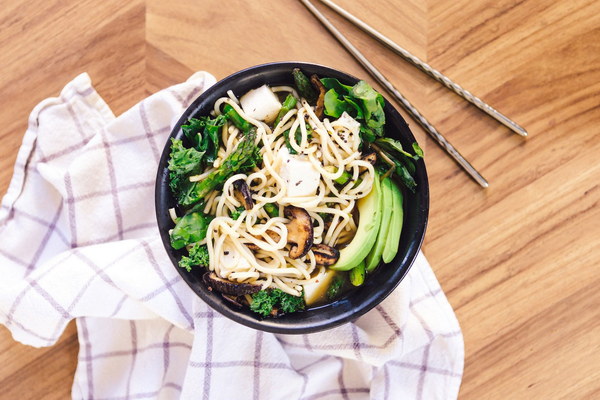Quick and Effective Foods to Boost Your Qi and Blood A Comprehensive Guide
Introducing a comprehensive guide to quick and effective foods that can help boost your Qi (vital energy) and blood. Whether you're feeling fatigued, weak, or just looking to enhance your overall well-being, these nutritional powerhouses can help you achieve your goals. Let's delve into the world of foods that can invigorate your body and mind.
1. Animal Offal: The Traditional Remedy
Animal offal, such as liver, kidney, heart, and spleen, have long been revered in traditional Chinese medicine for their ability to nourish the blood and Qi. These organs are rich in essential nutrients, including iron, vitamin B12, folate, and protein.
- Liver: High in vitamin A, which is crucial for maintaining healthy skin, hair, and immune function. It also contains a significant amount of iron, making it an excellent choice for those with iron-deficiency anemia.
- Kidney: Often considered a superfood for kidney health, kidneys are packed with amino acids, vitamins, and minerals that can help rejuvenate the body.
- Heart: A symbol of love and life, the heart in traditional Chinese medicine is associated with the heart meridian, which is responsible for circulation. Heart meat is believed to support cardiovascular health.

- Spleen: Spleen is known to boost energy levels and improve digestion. It contains nutrients that can help regulate blood sugar levels.
2. Dark Leafy Greens: The Nutrient-Dense Powerhouses
Dark leafy greens like spinach, kale, and Swiss chard are not only rich in iron but also contain vitamins A, C, and K, which are essential for blood health.
- Spinach: A versatile leafy green that can be added to salads, sandwiches, or smoothies. It's high in iron and also contains folate, which is important for red blood cell production.
- Kale: This leafy green is a nutritional powerhouse, packed with vitamins and minerals. It's particularly high in calcium, which can help with iron absorption.
- Swiss Chard: Similar to kale, Swiss chard is high in iron and also contains vitamin C, which aids in the absorption of non-heme iron.
3. Nuts and Seeds: The Miniature Nutritional Powerhouses
Nuts and seeds are excellent sources of healthy fats, protein, and essential nutrients that can help support blood and Qi health.
- Almonds: Almonds are rich in vitamin E, which is important for the production of red blood cells and the maintenance of healthy skin.
- Sunflower Seeds: These seeds are an excellent source of iron, vitamin E, and folate, all of which contribute to good blood health.
- Pumpkin Seeds: Known for their zinc content, pumpkin seeds can help support immune function and may aid in the production of red blood cells.
4. Legumes: The Plant-Based Protein and Iron Suppliers
Legumes, such as lentils, chickpeas, and beans, are not only great sources of plant-based protein but also contain iron, fiber, and other nutrients that can help boost blood and Qi.
- Lentils: These small, round legumes are packed with iron and are also a good source of vitamin C, which helps with iron absorption.
- Chickpeas: Known for their creamy texture, chickpeas are an excellent source of iron and fiber, which can help improve digestion and overall health.
- Beans: Kidney beans, black beans, and navy beans are all great sources of iron, fiber, and protein, making them a nutritious addition to any diet.
5. Red Meat and Poultry: The Iron-Rich Choices
For those who consume meat, red meat and poultry are excellent sources of heme iron, which is more easily absorbed by the body than non-heme iron found in plant foods.
- Red Meat: Beef, lamb, and pork are rich in heme iron, vitamin B12, and zinc, which are all important for blood and Qi health.
- Poultry: Chicken and turkey are also good sources of heme iron and protein, making them a nutritious choice for those looking to boost their blood and Qi levels.
By incorporating these foods into your diet, you can help support your body's natural processes of producing and maintaining healthy blood and Qi. Remember, while food can play a significant role in improving your well-being, it's always best to consult with a healthcare professional before making any significant dietary changes.
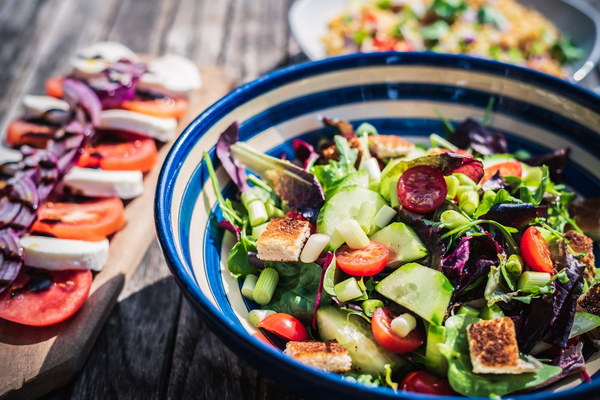


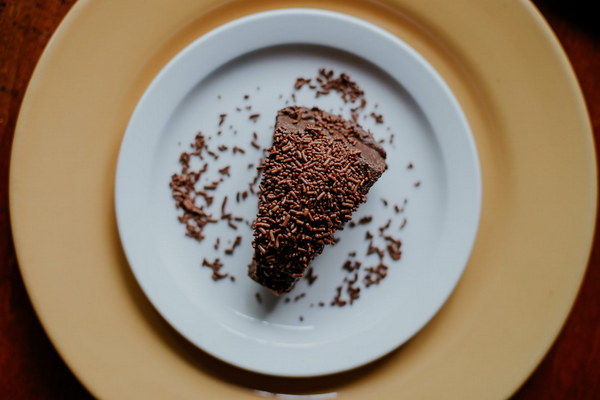
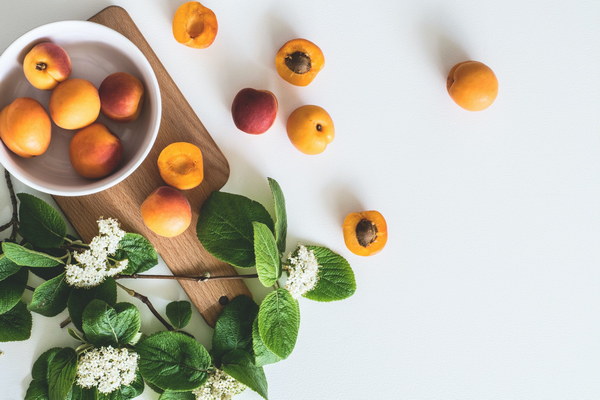

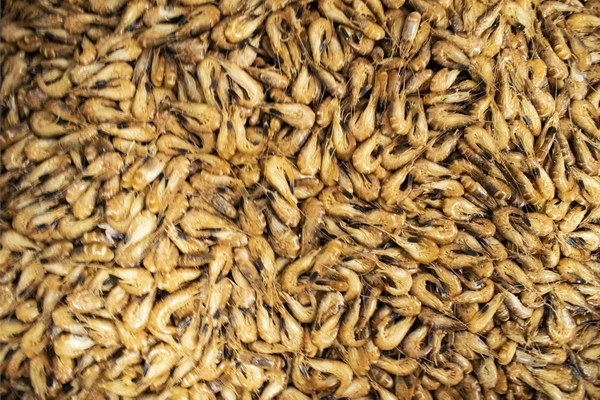
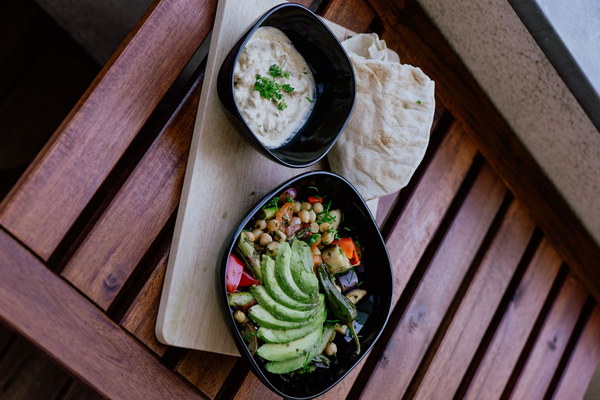
![Revolutionize Your Well-being Discover the Ultimate Benefits of the [Brand Name] Moisture Removal Pod](http://img.bluepurple.cn/a/养生/324/Revolutionize-Your-Wellbeing-Discover-the-Ultimate-Benefits-of-the-Brand-Name-Moisture-Removal-Pod.jpg)
